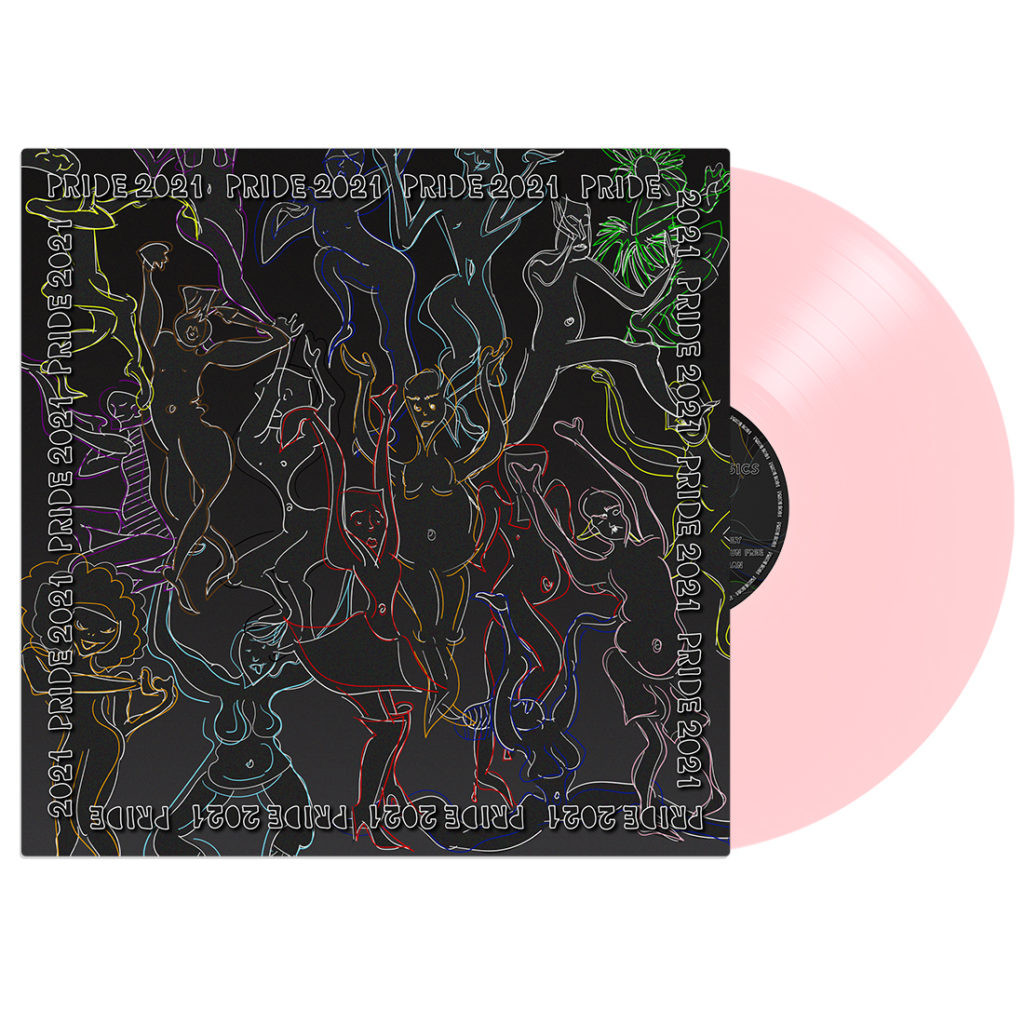The collaboration between Sister Sledge and Chic initially presented a clash of styles. As Debbie Sledge recounted to The Guardian in 2016, their grandmother, a classical artist and opera singer, instilled in them a disciplined approach to music. “We were disciplined,” she stated, “Chic were the opposite.” Sister Sledge was accustomed to meticulously crafted songs before entering the recording studio, whereas Nile Rodgers and Bernard Edwards of Chic favored a more improvisational method, developing song ideas organically during studio sessions. This difference in creative processes led to some friction, particularly between Edwards and Debbie, who both held strong opinions on the group’s musical direction. Joni Sledge acknowledged their strong musicality, noting they were both “musical geniuses when it came to harmony, chording, things like that.” Rodgers often found himself mediating between these contrasting approaches to ensure a productive collaboration.
Despite these creative tensions, this unlikely partnership gave birth to “We Are Family,” a song that transcended musical genres to become a defining anthem of unity and a queer club classic. Craig Werner, author of A Change Is Gonna Come: Music, Race And The Soul Of America, aptly described it as the “ultimate disco manifesto” due to its powerful message of inclusivity. Released in April 1979, “We Are Family” masterfully blended Chic’s signature R&B-infused disco-funk rhythms with Sister Sledge’s soulful and dynamic vocals. The song’s infectious energy propelled it to No.8 in the UK charts and No.2 in the US mainstream charts. More than just a chart-topper, “We Are Family” became the embodiment of disco music’s core tenets: diversity, acceptance, and uninhibited self-expression.
 Sister Sledge Pride 2021 Album Cover
Sister Sledge Pride 2021 Album Cover
A Cultural Touchstone of Kinship and Belonging
“We Are Family” resonated deeply because it spoke to the universal human need for connection and belonging. Sung by sisters, the lyrics, including the affirmative line “Here’s what we call our golden rule/Have faith in all you do”, celebrated the power of community and kinship. This message resonated powerfully with marginalized groups, for whom the song became an instant anthem. For LGBTQ+ individuals in particular, “We Are Family” addressed a profound struggle: the fear of rejection and alienation from their biological families, the very people expected to offer unconditional love and support. Sadly, for many within the LGBTQ+ community, familial bonds have been broken due to their sexual orientation or gender identity.
In the 1970s and 80s, disco provided a sanctuary and a sense of “family” for many LGBTQ+ individuals. It offered liberation from the emotional burden of familial alienation and cultivated an environment where everyone, regardless of their identity, was welcomed. Sister Sledge’s “We Are Family” crystallized this sentiment, redefining “family” beyond traditional blood relations. “Family” became synonymous with the freedom to be oneself, to express one’s authentic identity without fear of judgment or prejudice, within a supportive and accepting community. “We Are Family” became a voice for the marginalized, an empowering call to sing, to dance, and to exist authentically in a world that often sought to suppress them. The enduring legacy of “Sister Sledge We Are Family Song” is its powerful message of unity and acceptance that continues to resonate across generations.
